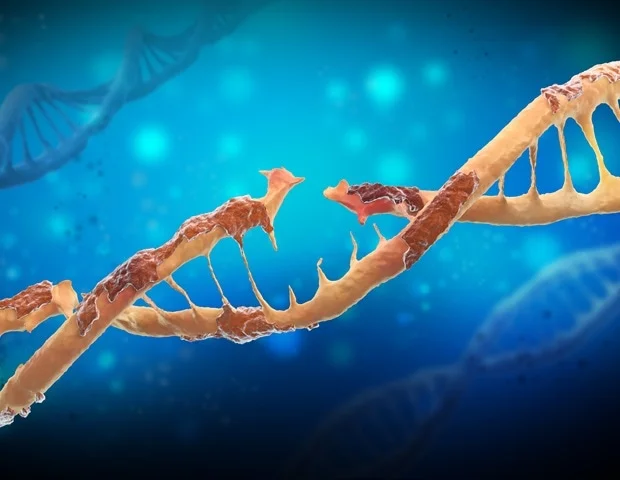A Harvard team have established a novel mechanism of DNA repair in neurons that was published in the journal Nature.
The new study addresses a protein complex known as NPAS4-NuA4 and how it may serve as a way to repair DNA breaks caused by neuronal activity.
“Here we identify an activity-dependent DNA repair mechanism in which a new form of the NuA4–TIP60 chromatin modifier assembles in activated neurons around the inducible, neuronal-specific transcription factor NPAS4,” according to the Harvard team. “We purify this complex from the brain and demonstrate its functions in eliciting activity-dependent changes to neuronal transcriptomes and circuitry.”
“Our findings suggest that neurons have evolved a specific chromatin regulatory mechanism that couples synaptic activity to genome preservation. This mechanism may reduce accumulating damage at pivotal regulatory elements in each neuronal cell type and preserve the ability to mount appropriate responses to environmental cues.”
“Together, these findings identify a neuronal-specific complex that couples neuronal activity directly to genome preservation, the disruption of which may contribute to developmental disorders, neurodegeneration and ageing.”
The findings were published on February 15, 2023.


